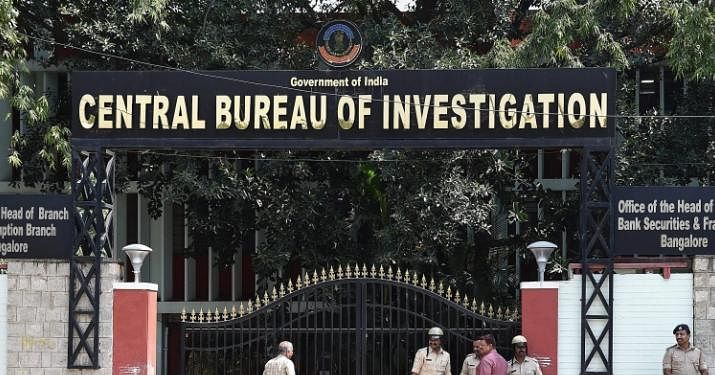Yet, none of this is present in Look Out Circulars. What we have instead is an attack by ambush, where persons are not informed that a Circular has been opened and they only discover it minutes before having to travel. It might be that the facts and circumstances necessitating the issuance of a Look Out Circular have long since changed, but the person aggrieved won’t be told much about this as, usually, the Circular is not shared. The only way to restore one’s fundamental right to travel is to go to court, where the hearing becomes a mini exercise in disclosure. Every step of the way one learns more about the case against her and must try and come up with answers on the spot.
Need To Look Beyond Court Intervention
The practice around Look Out Circulars suggests, then, that they are an exercise in unfairness. Time and again we find that courts are troubled by the inherent unfairness surrounding the use of this discretionary power. It was this unease that prompted the Delhi High Court, through a 2010 reference, to lay down basic parameters regulating the issuance of Circulars and expressly recognise the power of judicial review to quash such Circulars. Egregious detention of persons through Look Out Circulars has, in the rare case, prompted damages to be awarded as well. In 2021, a different bench of the Delhi High Court again reiterated the necessity of ensuring judicial review to secure personal liberty in this context, albeit while acknowledging that a degree of deference was owed to the agencies which have requested for the circular to be issued. However, amidst all this, no court has explicitly ruled upon the constitutionality of this device—the Delhi High Court having left the question open in 2015 when quashing a Circular issued against Priya Pillai on grounds of her engaging in ‘anti national’ activities.
We can keep waiting for the day to come when courts decide the issue, with the probable stay order or two, or we can push for legislators to discharge their duties and provide statutory solutions to secure the legal basis surrounding Look Out Circulars which are, as I argued above, an eminently desirable law enforcement device. If Parliament can pass the Criminal Procedure (Identification) Bill 2022 in double-quick time, there is no excuse to leave such a crucial measure as Look Out Circulars bereft of statutory mooring and to perpetuate the present practice of regulation by secret memoranda.
